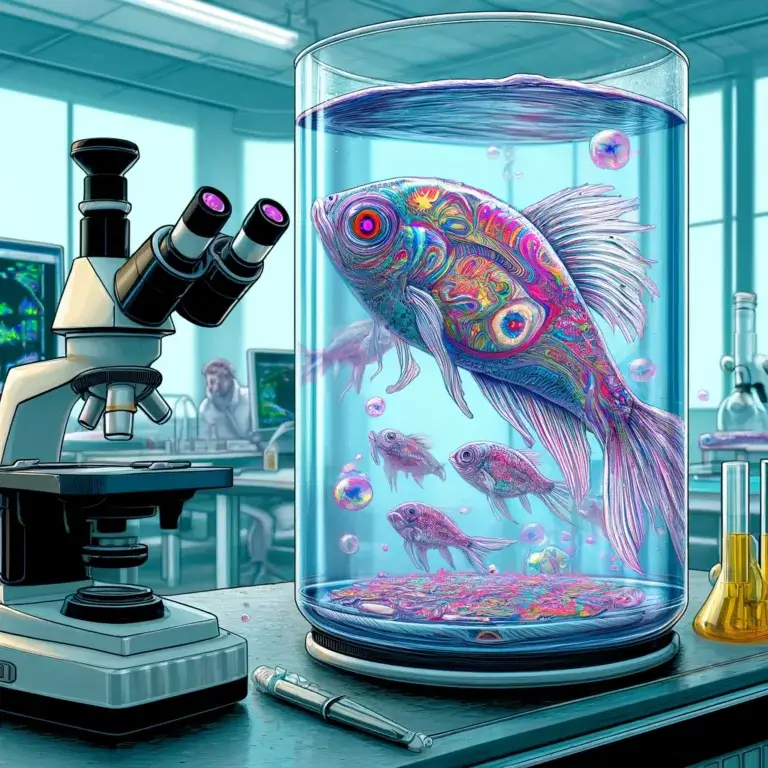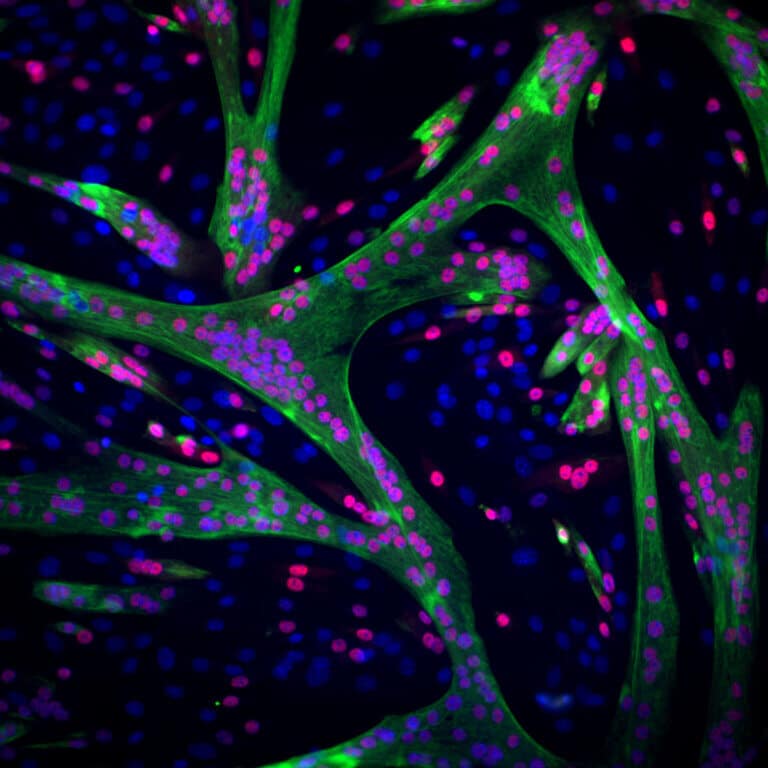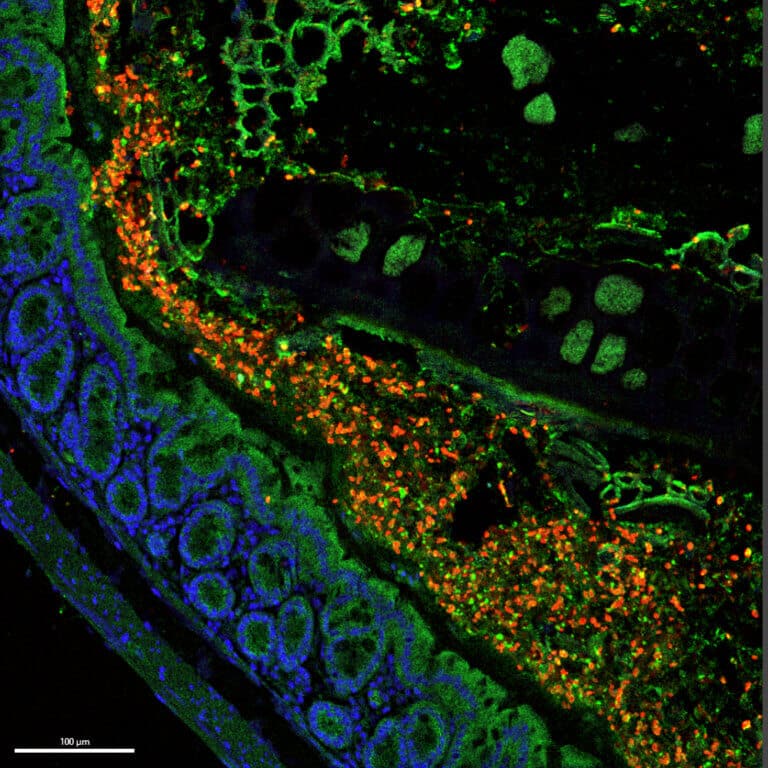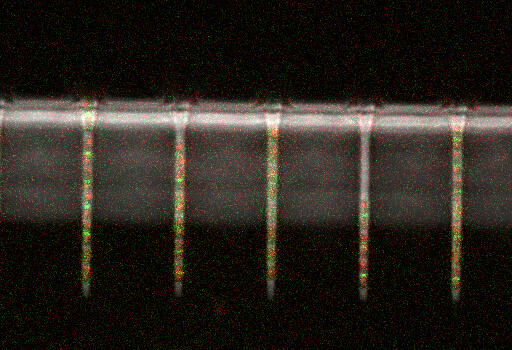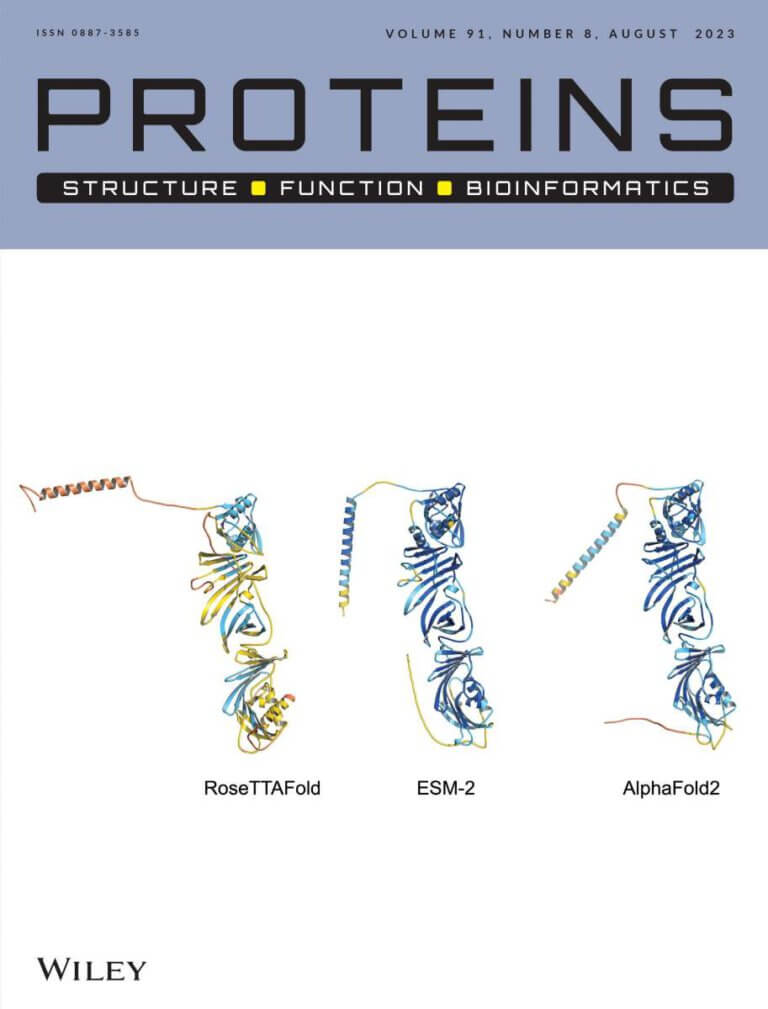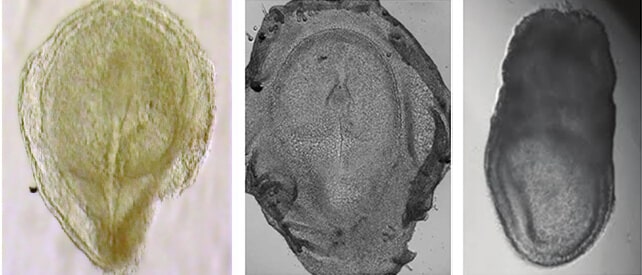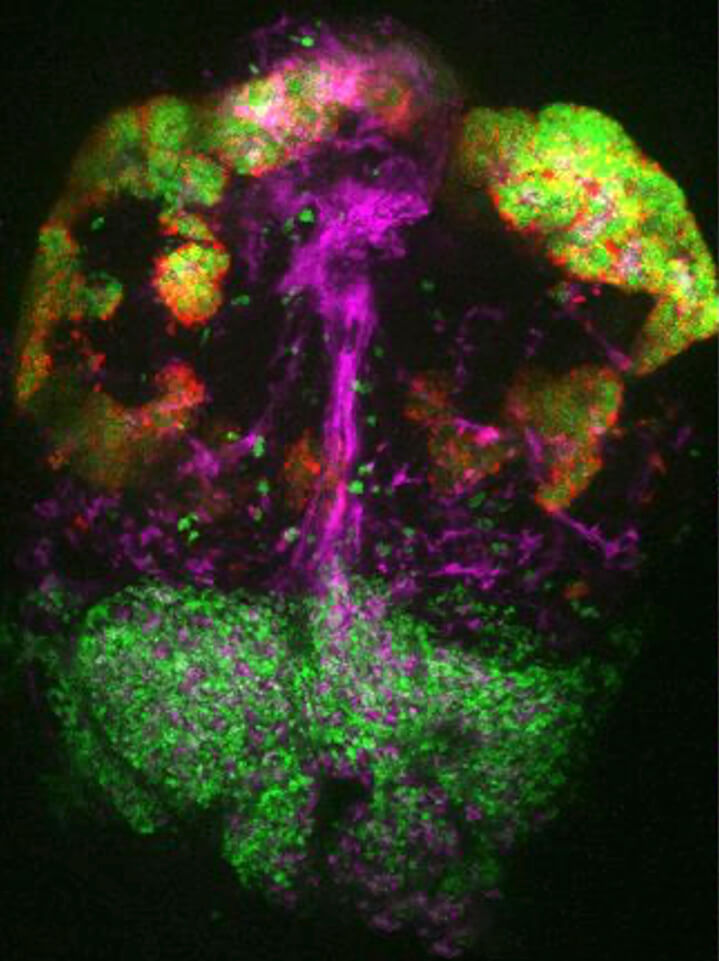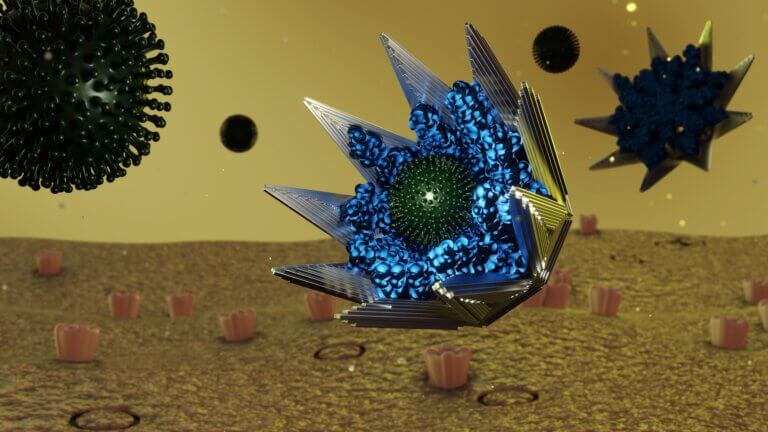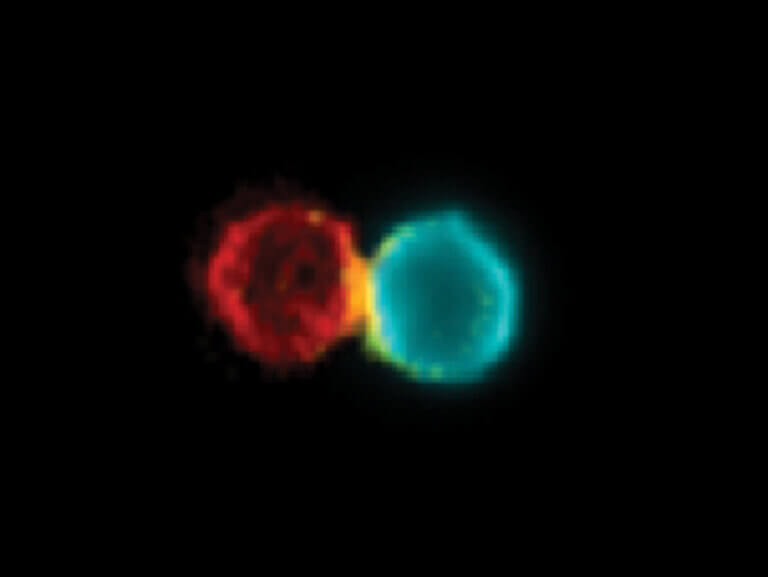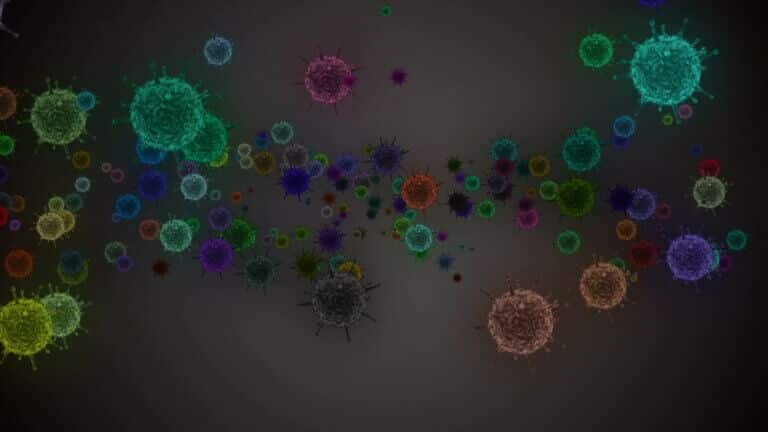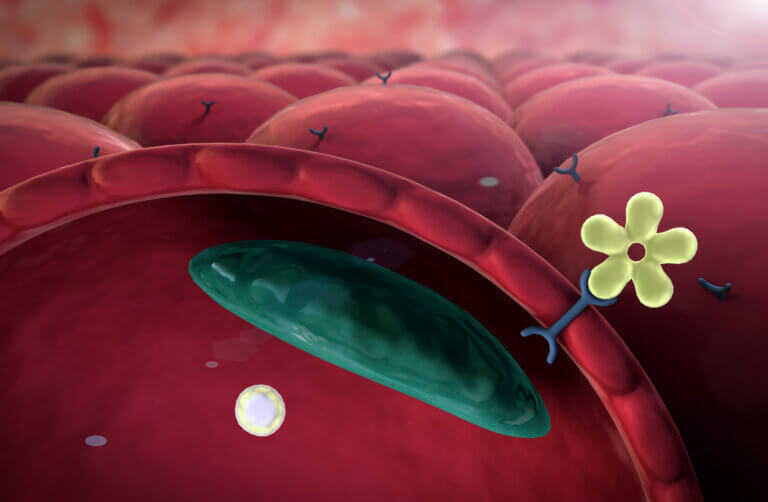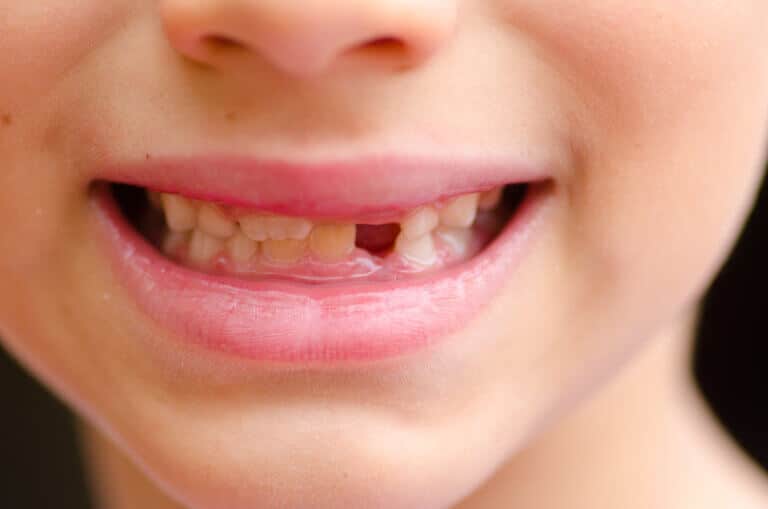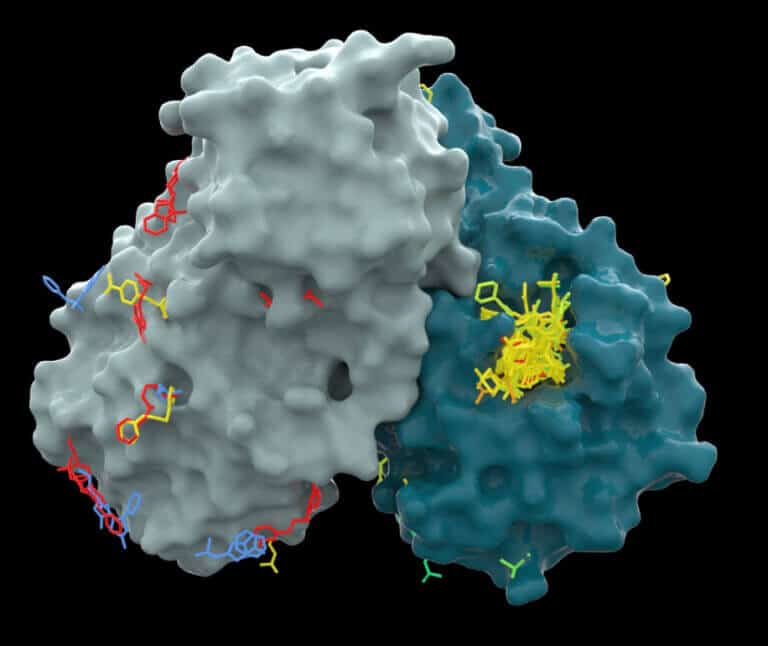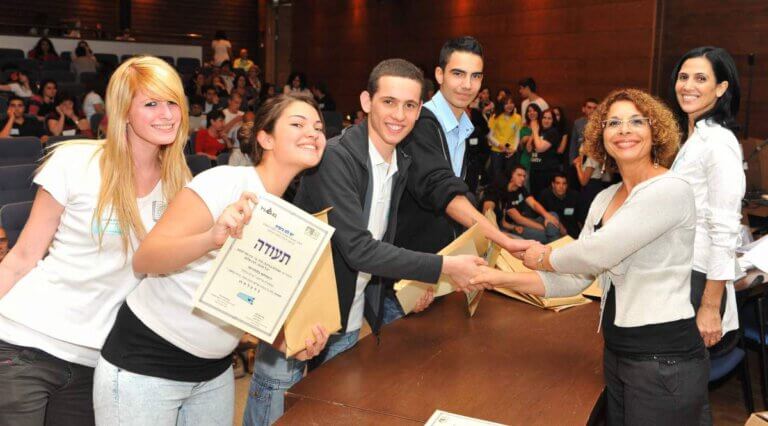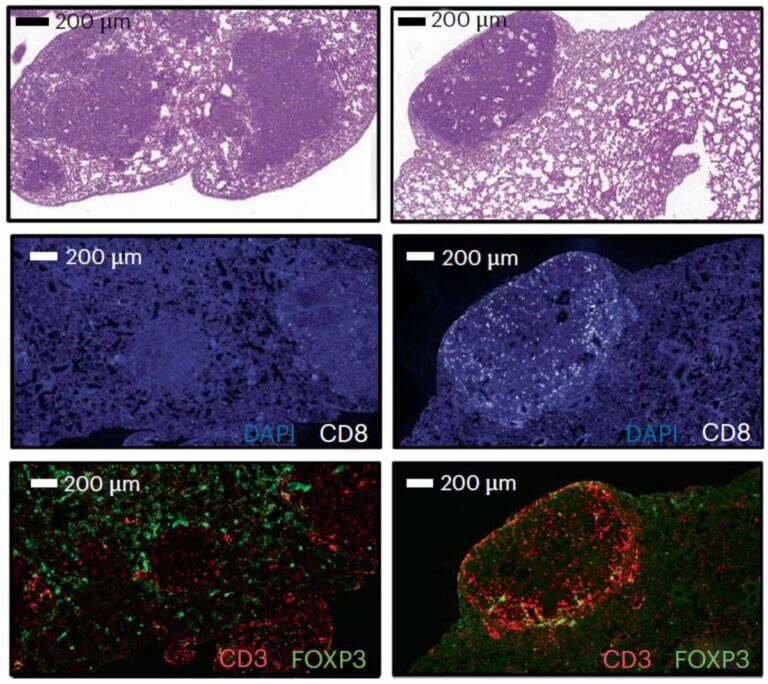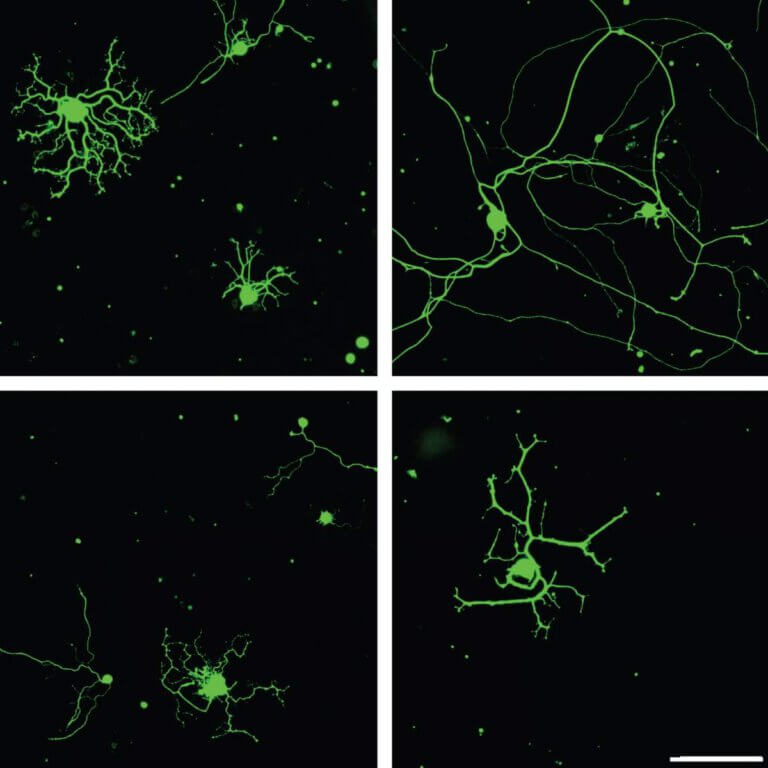Hayadan > Weizmann Institute Archives
Weizmann Institute
- Weizmann Institute
- April 28, 2024
The institute's scientists have developed a method for detecting the neurological effects of psychedelic drugs. Middle: Zebrafish on hallucinogenic mushrooms. The goal: to pave the way for more effective treatments for depression and other mood disorders
- Weizmann Institute
- April 24, 2024
An artificial intelligence model sheds light on the specialization pathway of muscle cells and reveals an important control node along the way
- Weizmann Institute
- April 22, 2024
Research in field mice under conditions simulating a natural environment reveals the different strategies used by females and males in creating social hierarchies
- Weizmann Institute
- March 28, 2024
- Weizmann Institute
- March 20, 2024
Scientists of the Weizmann Institute of Science have discovered a new species of Schmer that is able to push the legs of other species that may be dangerous to health; The scientists named the new species after Dr. Chaim Weizman
- Weizmann Institute
- March 10, 2024
on the cellular division plan
- Weizmann Institute
- February 29, 2024
Weizmann Institute scientists have shown in a mouse model that the drugs succeed in penetrating through the blood-brain barrier, delaying the progression of the disease and even reversing it
- Weizmann Institute
- February 21, 2024
Collaboration between Israeli researchers, Chinese students and artificial intelligence reveals new wrinkles between the folds of orphan proteins and updates chapters in the theory of evolution
- Weizmann Institute
- February 17, 2024
The institute's scientists developed a method that allows real-time monitoring of the development of embryos at the beginning of their journey and applied it for the first time to rabbits. The comparison they made between embryonic development in rabbits and mice gave rise to answers to fascinating questions about the formation of humans
- Weizmann Institute
- February 6, 2024
Weizmann Institute scientists are challenging a 200-year-old doctrine about the formation of the gland from the secretion of hormones. Their findings may lead to new approaches in the treatment of various medical problems
- Weizmann Institute
- January 27, 2024
An algorithm developed by the institute's scientists heralds a leap forward in the field of humanizing antibodies and may enable the rapid, efficient and cheaper development of new drugs. The key: stability
- Weizmann Institute
- January 21, 2024
Weizmann Institute of Science scientists have developed a new approach to immunotherapy based on communication between the cells of the immune system
- Weizmann Institute
- January 20, 2024
The growth of wheat has become an Israeli symbol of hope and renewal after a disaster. So are Prof. Avraham Levy's field experiments in the Gaza Envelope, which continue a glorious Israeli legacy of researching the evolution and genetics of the world-famous grain
- Weizmann Institute
- January 11, 2024
Drug safety tests often focus on "physiological safety", meaning their possible effect on patients. Weizmann Institute of Science scientists propose a new type of test: evolutionary safety
- Weizmann Institute
- December 22, 2023
Scientists at the Weizmann Institute of Science discovered that tears activate human olfactory receptors, even though they are odorless, affecting the brain activity associated with aggression - and leading to more peaceful and less vengeful behavior
- Weizmann Institute
- December 16, 2023
Weizmann Institute scientists have shown that dry air crossing the equator intensifies the monsoon rains over India. These surprising findings may improve flood warning capabilities and be good news for hundreds of millions
- Weizmann Institute
- December 15, 2023
35% of the corona patients who died in the epidemic were diabetics. In a new study, Weizmann Institute of Science scientists reveal that high blood sugar levels disrupt the immune system's ability to fight lung infections and present a therapeutic approach that may save lives
- Weizmann Institute
- December 8, 2023
The development of the disease in celiac patients is probably related to sensitivity to the protein common in industrialized dairy products. The findings pave the way for early detection of the disease and its prevention
- Weizmann Institute
- December 6, 2023
Weizmann Institute of Science scientists reveal in unprecedented detail how trauma in newborn mice shapes their brains and impairs their social functions in adulthood * A corresponding behavioral expression in humans may take the form of a high level of introversion, social anxiety and avoidant personality - behaviors known to characterize post-trauma"
- Weizmann Institute
- November 24, 2023
Trees or solar panels - which strategy wins in dealing with the climate crisis?
- Weizmann Institute
- November 12, 2023
A tweet by Prof. Nir London from the Weizmann Institute of Science grew into an international partnership to find a cure for Corona based on the principles of open science and crowd wisdom. Now the scientists involved are laying the groundwork to deal with the next epidemic
- Weizmann Institute
- October 30, 2023
Each of the more than 1,400 murdered in the war that began on 7/10/2023 with the invasion of Hamas militants into the Otaf settlements has their own story, Dr. Marcel Freilich-Caplon from the Weizmann Institute is one of them but it turns out that she was primarily concerned for the safety of her colleagues who were attacked by missiles at the same time
- Weizmann Institute
- October 18, 2023
A letter sent by the top of the Weizmann Institute to colleagues in academia around the world requesting that they not evade the condemnation of terrorism on 7/20/32
- Weizmann Institute
- September 24, 2023
The cell's garbage disposal system changes in cancer and allows it to escape the immune system
- Weizmann Institute
- September 12, 2023
The molecule that carries with it a message of regeneration

